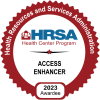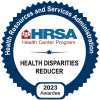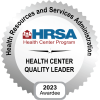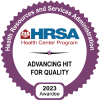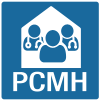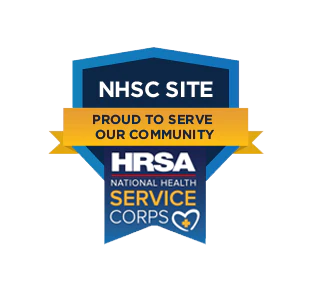BELOIT, Wis.— It’s estimated that more than 1,000 people in Wisconsin are infected with HIV, but unaware they’re living with the virus. In 2015, Rock County ranked among the top four locations in the state for new diagnoses.
World AIDS Day serves as a reminder that early detection and treatment are key to keeping this deadly virus at bay. The upcoming 28th annual day of awareness is taking place next Thursday, Dec. 1, and Rock County residents should know they have accessible options for detection and treatment.
Locally, Beloit Area Community Health Center provides more than just testing for sexually transmitted infections and HIV; it also offers comprehensive case management and medical care for HIV-positive patients through a special partnership with the University of Wisconsin Health HIV/AIDS Comprehensive Care Program.
“The thing with having an HIV specialty clinic here is: it means I can link them into care the day of diagnosis,” says Dawn Socha, a social worker and case manager with the program. “We can get them care, and help prevent them from exposing others.” The onsite program, housed within BACHC’s medical clinic in Beloit, includes Socha’s case management, an in-house medical provider, and twice-a-month visits from two UW Health physicians who specialize in HIV/AIDS treatment.
Additionally, for the last six months BACHC has been providing a finger-prick test that detects the virus within a month of exposure, or even just two weeks after exposure, while in the past, “it was like a three-month wait after exposure, before you could know,” Socha says.
The social work component is important, especially for those newly diagnosed. For example, patients might not know about resources like the AIDS Drug Assistance Program (ADAP), which can cover the costs of insurance premiums. At BACHC, Socha helps patients navigate these resources and provides counseling and emotional support.
“I try to let them know that they can fight the illness, it’s not a death sentence, and with the medications that you take—you can live a full life. Someone that’s diagnosed at 20 can live until they’re 70,” Socha says.
For more information about BACHC or our services, contact Lynn Vollbrecht at (608) 313-1057.






